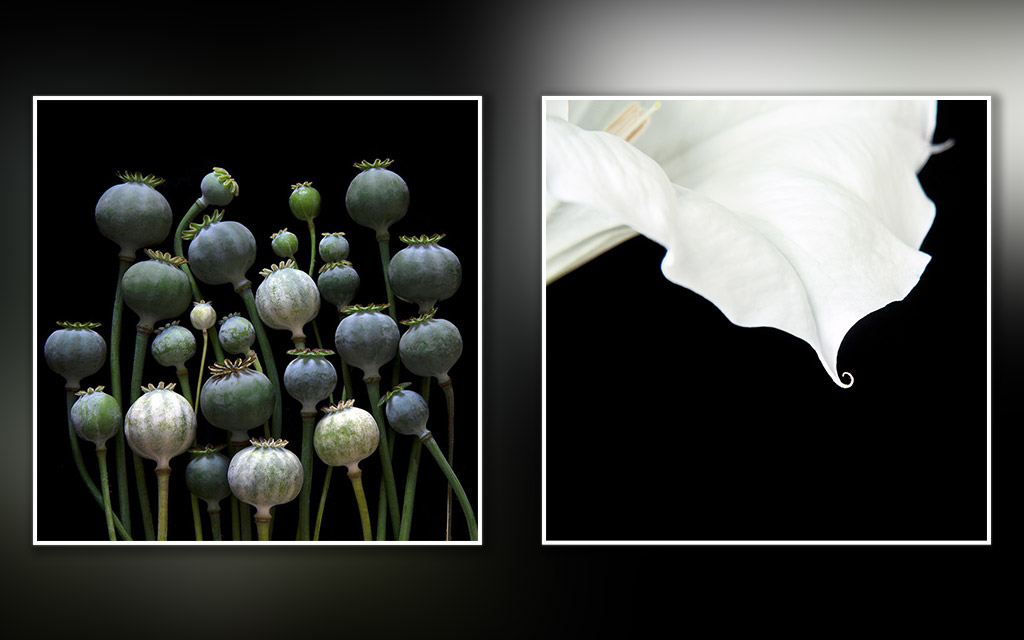Central College is showcasing the photographs of Molly Wood in an exhibit titled “The Poison Garden” through Sept. 23 in the Mills Gallery in the Lubbers Center for the Visual Arts.
The exhibit originally was scheduled to be on campus in March and April but was postponed because of the COVID-19 pandemic.
“In these photographs, I use only natural light and style them to resemble Dutch still life paintings,” Wood says. “I use botanicals as metaphors for my own life experiences. Situations and relationships that can be beautiful, seductive, nurturing, life-sustaining and healthy when experienced in one way can also become toxic and poisonous when circumstances are changed or out of balance.”
The public is invited to a virtual artist talk and reception at 5 p.m. Thursday, Sept. 17. The public also is invited to a poetry reading via Zoom by Professor Emeritus of English Keith Ratzlaff at 7:30 p.m. Thursday, Sept. 10. Ratzlaff used Wood’s artwork on the cover of his latest book of poetry, “Who’s Asking?”
The Mills Gallery is open from 9 a.m. to 5 p.m. Monday through Friday.
Wood holds a Bachelor of Arts degree in photojournalism from Texas Christian University in Fort Worth, Texas, and a Master of Arts degree in art history from Southern Methodist University in Dallas.
Originally from Alabama, Wood now lives in Des Moines, Iowa. Her work has been widely exhibited in Iowa and the Midwest.
“Wood’s mostly botanical photographs evoke a sense of haunting natural beauty,” says Joe Hoksbergen, former director of the Mills Gallery. “This series of photographs comes out of a fascination with women of the Renaissance who used their knowledge of botanicals to serve as healers, sometimes in competition with medical professionals. In Wood’s words, ‘Botanical knowledge became dangerous knowledge and was the start of a long and complex history of power struggles and gender conflicts.’ The plants allude to femininity — graceful and delicate but also potent.”


